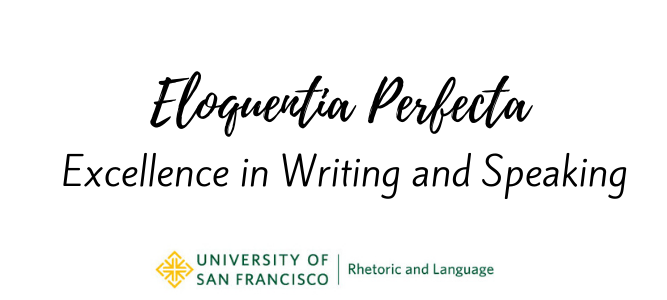Document Type
Article
Publication Date
2014
Abstract
This research examines the language and cultural maintenance of Chinese Americans of a specific heritage: Hoisan-wa people. Hoisan-wa is one of the languages linking nearly all early Chinese immigrants in the U.S., but this language background has been pushed aside by the presence of other Chinese languages in America, such as Standard Cantonese and Mandarin. It has also been perpetually omitted from research for the last 150 years.
Drawing from 93 sociolinguistic interviews with Hoisan-wa heritage people, I explore instances of humor and laughter as these participants talk about their cultural and linguistic heritage. Home and family remain two of the few domains that are consistently available to heritage language speakers, making them key foci in studying heritage language development. Unsurprisingly then, many of the humorous ways in which respondents engaged with – and commented metalinguistically about – Hoisan-wa had to do with words and phrases related to the home and family. I contend that these humorous moments serve to construct a counter-hegemonic affective stance that pushes back against established negative ideologies about Hoisan-wa, thereby creating a space to reflect and comment on language ideologies and enable speakers to adopt a language-as-resource view towards their heritage language.
DOI
10.1515/humor-2014-0020
Recommended Citation
Leung, G. (2014). Hoisan-wa in jest: Humor, laughter, and the construction of counter-hegemonic affect in contemporary Chinese American language maintenance. Humor, 27(2), 203-225. http://dx.doi.org/10.1515/humor-2014-0020
Included in
Comparative and Historical Linguistics Commons, Cultural History Commons, East Asian Languages and Societies Commons, Language Description and Documentation Commons




Comments
Published by De Gruyter in Humor.